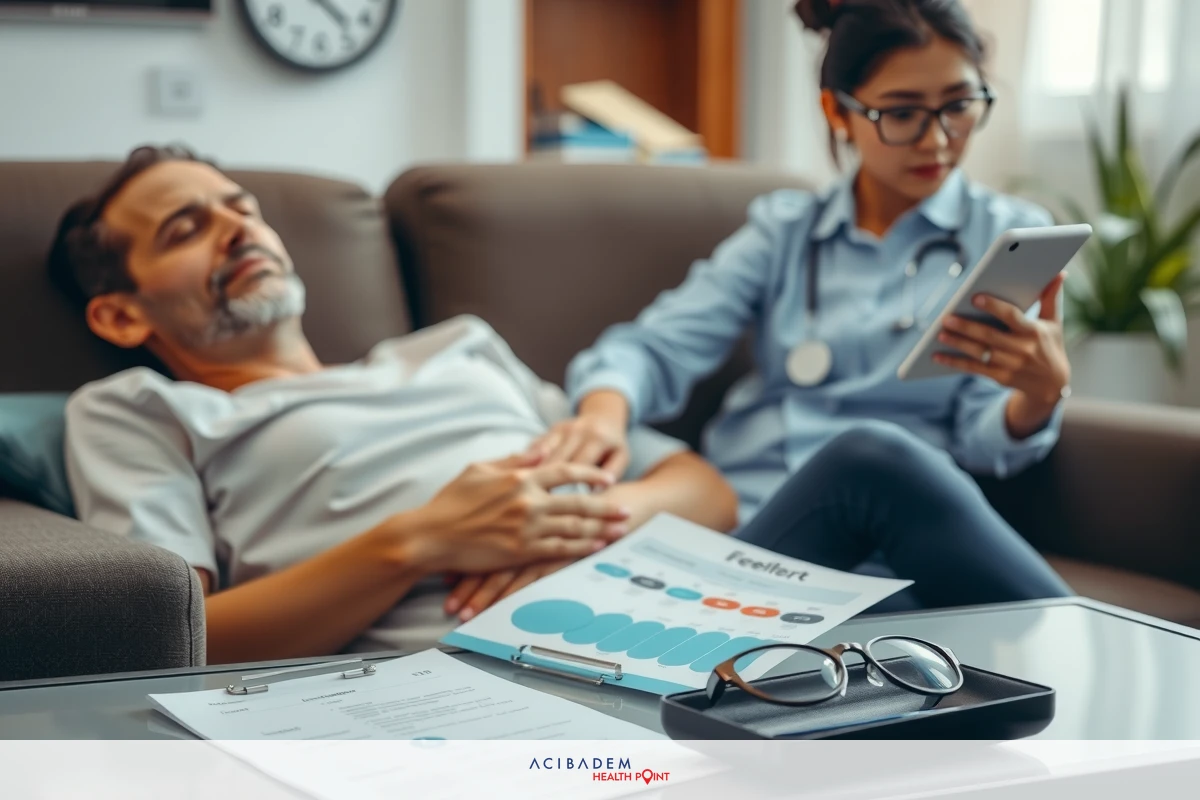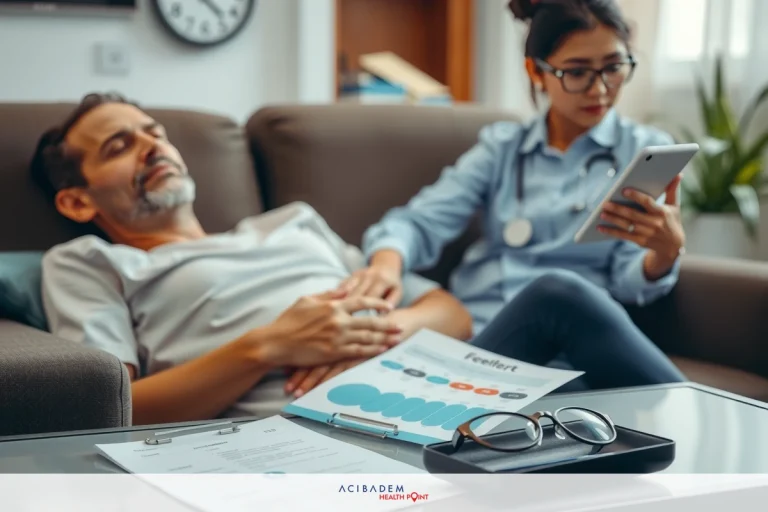Can I Wear Glasses After Rhinoplasty?
Can I Wear Glasses After Rhinoplasty? Rhinoplasty, the process of reshaping the nose, often leaves patients with many questions about their post operative lifestyle. One such common inquiry pertains to wearing glasses after the operation. This concern stems from the fact that glasses rest on the bridge of the nose, a part commonly affected during rhinoplasty.
This article addresses these concerns by discussing when a patient can safely start wearing glasses post surgery. It also recommends various eyewear options suited for the recovery period and offers helpful tips for comfortable eyewear use. Understanding these aspects can help individuals navigate their post-operative journey more confidently and comfortably.
When Can I Start Wearing Glasses?
After undergoing rhinoplasty, it’s natural for patients to be eager to return to their normal routines. However, the recovery period is a crucial time for healing and preserving the results of the procedure. It’s important to note that wearing glasses post-surgery can potentially impact the healing process due to the pressure exerted
on the bridge of the nose. Therefore, patients are generally advised not to wear glasses immediately after rhinoplasty.
The timeline for resuming use of eyewear varies depending on individual healing rates and the complexity of the surgery. As a general rule, most surgeons advise patients to refrain from wearing glasses for at least four to six weeks post-surgery. This duration allows adequate time for initial healing and stabilization of the nasal bones. During this period, it’s recommended that patients use contact lenses if possible.
However, the need for vision correction doesn’t vanish during recovery. So, what should individuals do if they must wear glasses within this timeframe? In such cases, medical professionals often suggest several ways to reduce pressure on the nose. One solution is to use lightweight frames or switch to rimless glasses temporarily. Another approach is to secure glasses with tape so they rest on the forehead instead of the nose.
By adhering closely to these guidelines, patients can ensure a smooth recovery while maintaining clear vision. It’s always best to consult with your surgeon before making any decisions about wearing glasses after rhinoplasty. They will be able to provide personalized advice based on your specific situation and progress in recovery.
Types of Eyewear to Consider
Navigating the recovery period after rhinoplasty can sometimes feel overwhelming, especially when it comes to accommodating necessary lifestyle adjustments like eyewear. Wearing glasses immediately post-surgery might not be recommended due to the pressure they put on the healing nose. However, there are a variety of eyewear options that one can consider during this delicate period that minimize discomfort and facilitate recovery.
- Lightweight Frames: Glasses with lightweight frames exert less pressure on the bridge of the nose, making them a good option during recovery. They are available in various designs and materials, ensuring you don’t have to compromise on style.
- Rimless Glasses: Rimless glasses are another excellent alternative. They are even lighter than framed ones and virtually eliminate any pressure on the nose.
- Contact Lenses: If you’re comfortable with it, switching to contact lenses for a few weeks post surgery can entirely circumvent the issue of pressure on the nasal bridge.
- Glasses with Nose Pads: Some glasses come with adjustable nose pads that distribute weight more evenly and reduce direct pressure on the nose.

The image shows a person lying on a couch with a woman in a medical uniform sitting beside them. The woman appears to be taking the person’s pulse or providing some form of healthcare service, as suggested by her professional attire and focused demeanor. The setting looks like a clinic environment. - Forehead Resting Glasses: These are specially designed glasses that rest on your forehead rather than your nose. Although they may look unusual, they can be a practical solution during the recovery phase.
Remember, everyone’s recovery journey is unique. While these eyewear options may work for many, it’s crucial to consult with your doctor or surgeon before making any changes to your eyewear post-rhinoplasty. They can provide personalized advice based on your specific healing progress and needs.
Can I Wear Glasses After Rhinoplasty?:Tips for Comfortable Eyewear
Ensuring comfort while wearing eyewear after rhinoplasty is a significant factor in the recovery process. Discomfort can disrupt daily activities and prolong healing time. Therefore, it’s essential to consider some practical tips and tricks to maximize comfort during this period.
Firstly, it’s crucial to choose the right type of eyewear. As discussed earlier, lightweight frames, rimless glasses, or glasses with adjustable nose pads can provide comfort by reducing pressure on the nose. Additionally, it’s also beneficial to ensure that the frames fit well. Glasses that are too tight can cause discomfort and unnecessary pressure, while those that are too loose may not provide adequate support and could slip off easily.
Secondly, regular cleaning of your glasses can also contribute to their comfort. Dust and dirt can accumulate on the frames and lenses over time, causing irritation and discomfort. Gently cleaning your glasses with a soft cloth and mild soap can help keep them clean and comfortable to wear. Also, check regularly for any rough edges or damage that might cause discomfort or additional pressure on your nose.
Finally, taking regular breaks from wearing glasses can be beneficial. If you’re at home and don’t need to see clearly all the time, removing your glasses periodically can give your nose a break from the constant pressure. However, remember always to handle your glasses gently during these breaks to avoid causing any damage.
Understanding these tips can significantly enhance comfort while wearing eyewear during your post rhinoplasty recovery. But as always, it’s best to consult with your surgeon before making any changes in your eyewear habits after surgery. They will be able to offer specific advice tailored to your individual recovery progress and needs.
Can I Wear Glasses After Rhinoplasty?: Frequently Asked Questions
Can I wear my regular glasses immediately after rhinoplasty?
No, it is generally advised to avoid wearing regular glasses immediately after rhinoplasty. The pressure exerted by the glasses on the healing nose can impede the recovery process. It is recommended to wait for at least four to six weeks before resuming the use of regular glasses.
Can I wear contact lenses after rhinoplasty?
Yes, wearing contact lenses can be a suitable alternative during the recovery period after rhinoplasty. Contact lenses eliminate the pressure on the nose that occurs with glasses and allow for a more comfortable healing process. However, it's always best to consult with your surgeon before using contact lenses to ensure they are safe for you.
How soon can I start wearing lightweight frame glasses after rhinoplasty?
Lightweight frame glasses can be considered as an option once your surgeon gives you the green light, which is typically around four to six weeks post-surgery. It is important to ensure that these frames do not put excessive pressure on the healing nose and are comfortable to wear.
Are there any special eyewear options available specifically for post-rhinoplasty patients?
Yes, there are specialized eyewear options designed for individuals in the post-rhinoplasty recovery phase. These eyewear options often have unique features such as adjustable forehead rests or reduced pressure on the nasal bridge to promote comfort and aid in the healing process. Consulting with your surgeon or exploring options from eyewear specialists can help you find suitable choices.
What should I do if I need to wear glasses for an extended period during recovery?
If you need to wear glasses for an extended period during recovery, it is recommended to choose lightweight frames or rimless glasses that exert less pressure on the nose. Another option is to use tape to secure the glasses on your forehead instead of the nose, reducing the pressure on the healing area. However, it's important to consult with your surgeon for personalized advice based on your specific healing progress and needs.











